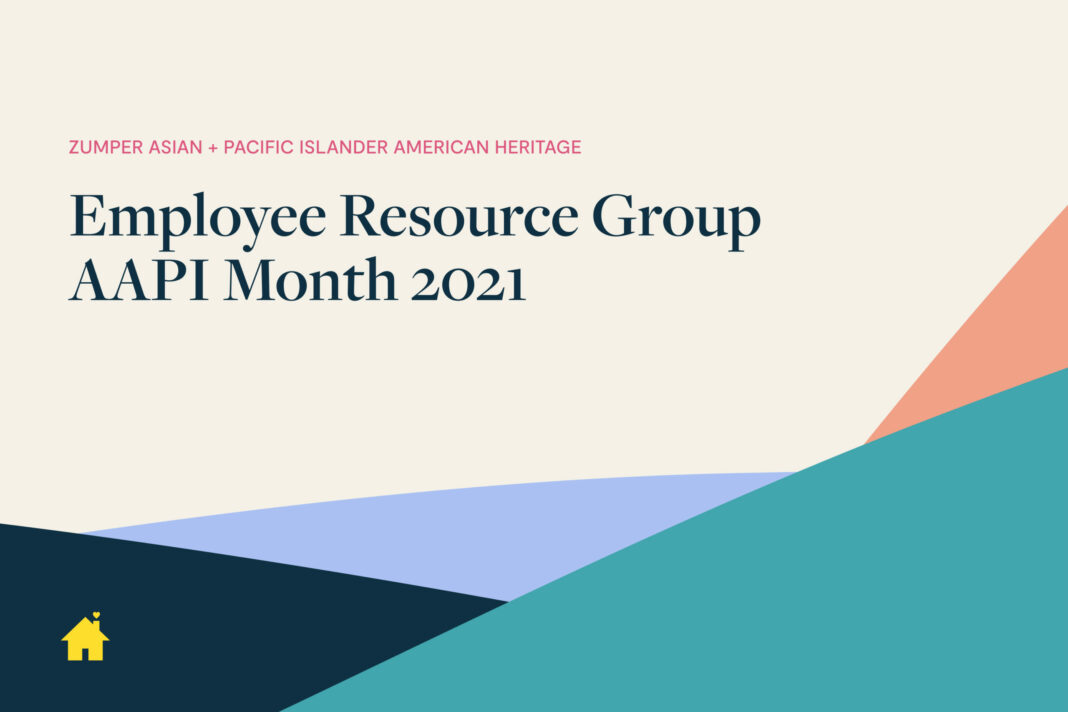
Mari
When I co-founded Zapiah, our Asian and Pacific Islander American Heritage employee resource group, I didn’t think I belonged. I felt like all I did was put everyone together in a bucket. I kept asking myself, “Do I belong as a leader here?”
We started the ERG with the intention of simply celebrating holidays with themed happy hours and events, and we kicked everything off with a Diwali celebration. Naturally, the conversations during this event and following ones often came back to food. What everyone was cooking? Which restaurants were worth trying? Where’s your go-to boba spot? We thought we’d just continue hosting events and happy hours, letting the common ground of food connect us to each other.
When we began working remotely, I started to feel isolated. I couldn’t run into a co-worker and casually vent about something for a minute and go back to my desk. That’s when I started to see how cathartic those 1-minute conversations could be. I wanted to replicate that same type of interaction in our meetings, so I asked members to share more and really open up about how they were coping with things. And it worked.
Cut to a year into the pandemic and I’m in the middle of co-hosting a monthly Zapiah meeting. We’re not asking people about boba or restaurants; instead, we’re providing a space for our members to cry, vent, and share their emotions about the ongoing violence against the Asian community. I saw people I used to have those 1-minute vent sessions with crying and breaking down in the meetings; we were bonding in ways that were important to us all at our core. And I credit Jeremy with giving me the ability to provide this platform for our members.
I may not have felt like I was the right “leader” when I started Zapiah, but I always remind myself that, at the end of the day, I was the person who helped put this all together. And now I feel such a responsibility to continue being vulnerable and open with my co-workers because they’ve shown that they’ll do the same.
Jeremy
I initially came to Mari and told her I wanted to talk about the violence happening against our community because I wanted a space where people were encouraged to share and participate in difficult dialogues. I volunteered to lead these conversations because I wanted Zapiah to become a space where even the harder conversations can happen. The violence against our community has been a big topic in our meetings, but it’s also been in the media so it’s been easier to get some sort of reaction from people.
There are other issues that I want to touch on, but I don’t think we’re there yet. Eventually, I want to talk about the harder topics—like the protests in Hong Kong and the coup in Myanmar—because we don’t know how they’ve affected someone at Zumper until we talk about it. And I want Zapiah to be that place for everyone who might not know where else they can bring these things up.
We live in an environment that was fostered by generations of Asians who put their heads down and avoided conflict in order to stay safe. And rightfully so. But times are changing, for better or for worse, and our approach has to change, as well. Having those difficult conversations—especially in the workplace—is just the start, but it’s something I’m passionate about doing for as long as everyone is willing.
Since its founding, Zapiah has grown to more than 50 members of various backgrounds and ethnicities. Mari and Jeremy hope to continue bringing in more members and provide a place where they can have dialogues about what’s happening in their community, share their experiences, and—of course— talk about food.



